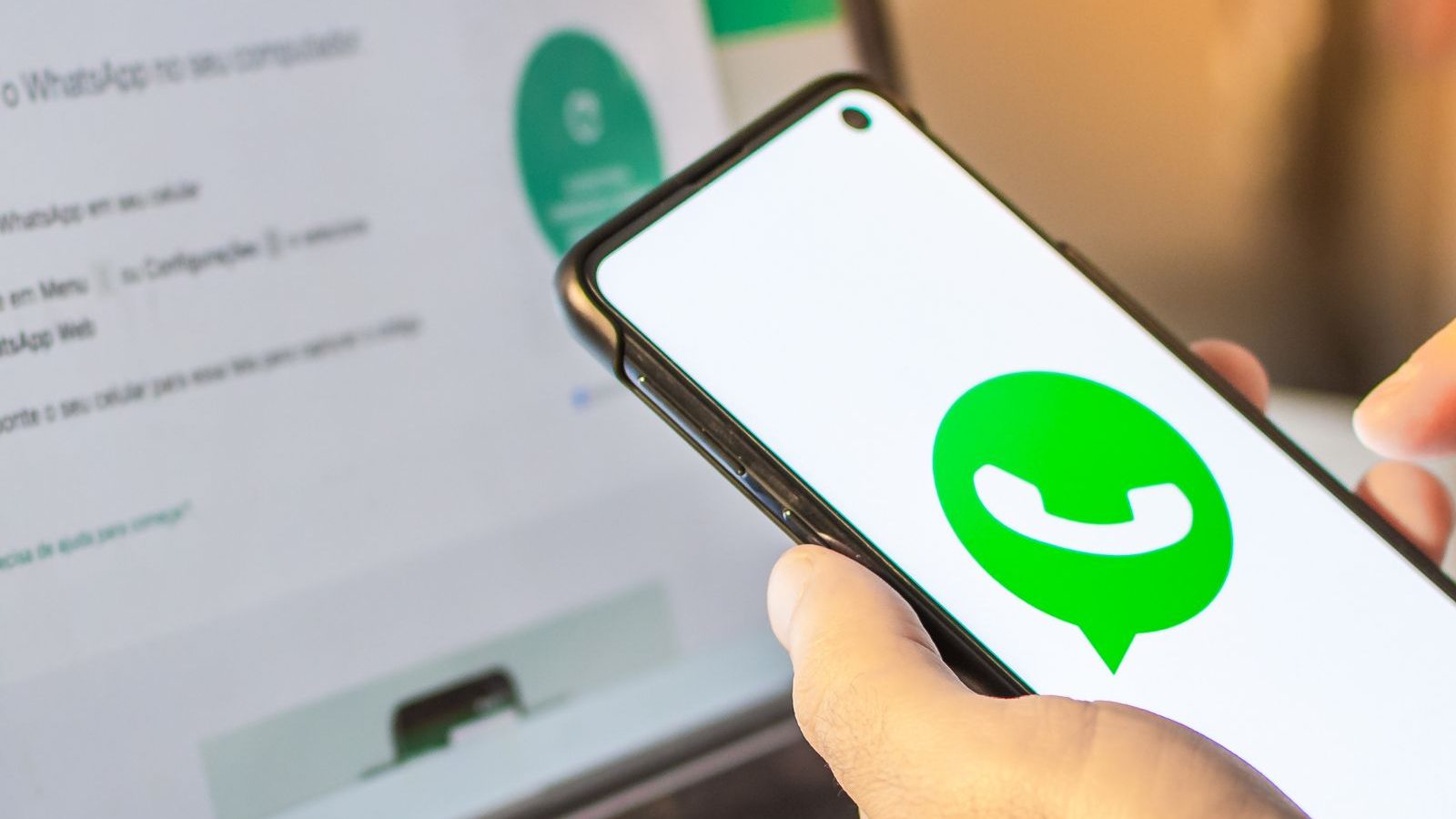WhatsApp has over a billion users across the globe but this week there is worrying news about the messaging app. According to a report, data of over 500 million WhatsApp users has made its way to the internet, and the hackers are selling this data for a reasonably low figure.
As you might be aware, WhatsApp data revolves around your phone number, and as per the details from Cybernews, one hacker has posted this data of over 500 million WhatsApp users from different countries for sale on a hacking forum.
The report mentions that the actual data includes 487 million WhatsApp users, which is not a low figure by any means. These users belong to 84 countries, and the list includes prominent names like the US, UK, Italy, Egypt and some users from India as well.
We also have a detailed set of distributed data for each of these countries in the report, wherein, Egypt has the highest victims at around 45 million, 35 million for Italy and around 32 million for the United States.
The hacker seems to have put varied price tags on user data based on the countries. The report says US data is available for around $7000 (Rs 5,61,800 approx), for the UK the price tag is $2000 (Rs 1,61,800 approx) and $2,500 (Rs 2,04,100 approx) for those in Germany.
The hacker has not shared details about how he got the data but with WhatsApp being a Meta-owned platform, it is hardly surprising to hear about this development. In the recent past, hackers have made similar dataset claims for Facebook users, which were also put on sale and made available to the person paying the right price.
WhatsApp numbers have now become a powerful tool for spammers and phishing activities. The messaging app’s venturing into the Business arena has opened up a can of worms that have become annoying for many. So, if you receive a message from an unknown WhatsApp number, we advise you to avoid clicking on any website links or engage with them in any conversation. It is possible that they might use this trick to infect your device with a malware, which can help them gain remote access to your device.
Read all the Latest Tech News here

